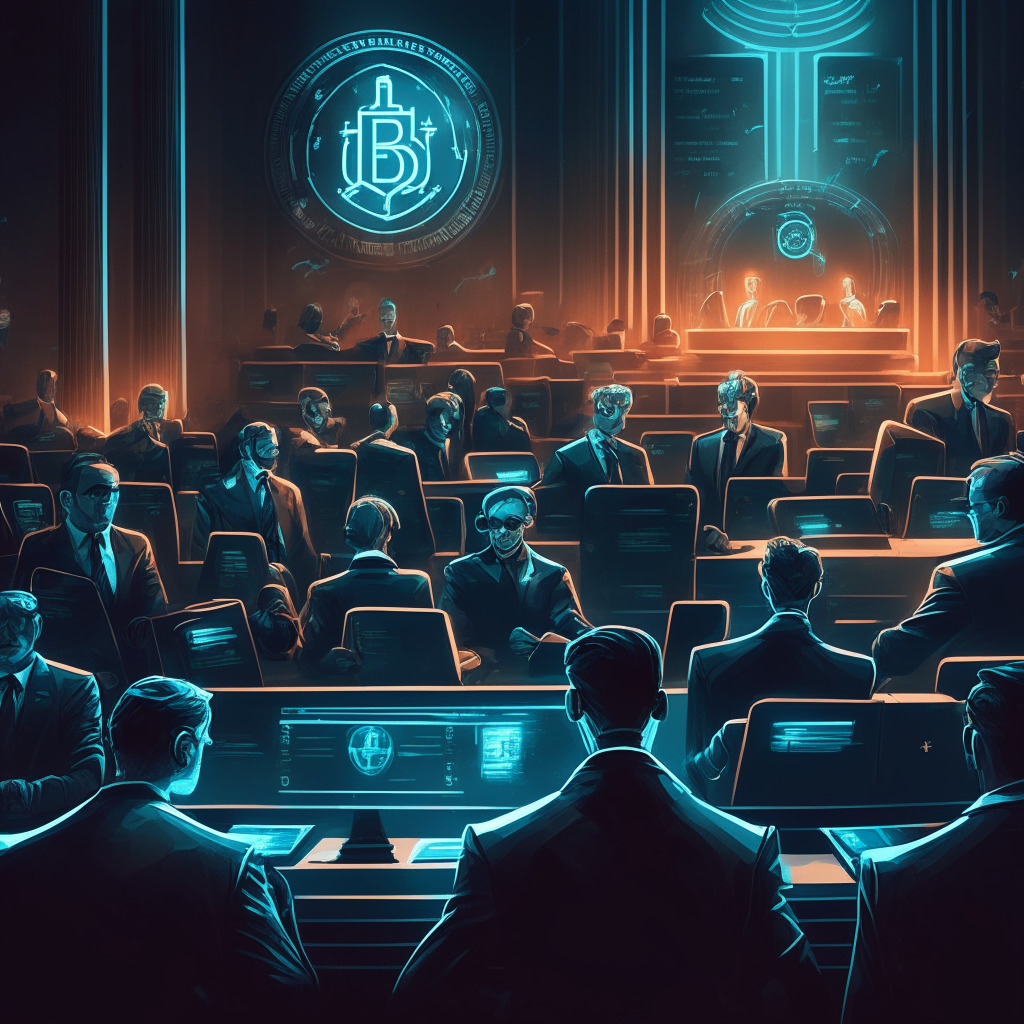In a recent development, former Binance.US CEO Brian Brooks has revealed the reason for leaving his position at the cryptocurrency exchange, as disclosed in court documents released this week. The revelation comes amidst a legal battle between Binance and the US Securities and Exchange Commission (SEC).
According to an interview transcript from December 2021, Brooks was asked about Binance CEO Changpeng Zhao’s role in the US exchange. He stated that it became clear to him at a certain point that Zhao, also known as CZ, was the real CEO of BAM Trading and not him. BAM Trading and BAM Management are currently operating as Binance.US and lie at the heart of a recent enforcement action against the exchange.
Interestingly, Brooks resigned from his role at Binance.US only four months after joining the company. Prior to his stint at the exchange, he served as the Acting Comptroller of the Currency, a bureau within the US Treasury responsible for regulating and supervising national banks and federal savings associations.
During his interview with the SEC, Brooks distinguished between governance, which is the role of the board, and management, which falls under the CEO’s purview. He mentioned feeling overruled when attempting to rectify certain issues and realizing that he was not actually running the company. He added that the mission he believed he had signed up for was different from the actual course of action.
Fast forward to the present, the SEC has filed charges against Binance and CZ for their “blatant disregard of the federal securities laws,” accumulating a total of 13 charges. The charges accuse Zhao and Binance of orchestrating an elaborate scheme meant to evade US laws. The scheme involved the creation of BAM Management and BAM Trading, with the assertion that the Binance.US platform was operated independently while Zhao and Binance maintained significant control over the US entity.
This case raises concerns about the level of control exercised by top executives in the cryptocurrency market and poses questions about the independence of different entities within the same network. As an increasing number of investors and institutions turn to this burgeoning market, it becomes crucial to examine the balance between innovation and regulation in order to maintain a transparent and accountable system. While some may argue that strict regulations could stifle innovation, others contend that ensuring legal compliance and investor protection remain top priorities. It remains to be seen how this specific case will unfold and what impact it may have on the broader cryptocurrency landscape.
Source: Cryptonews




